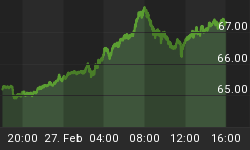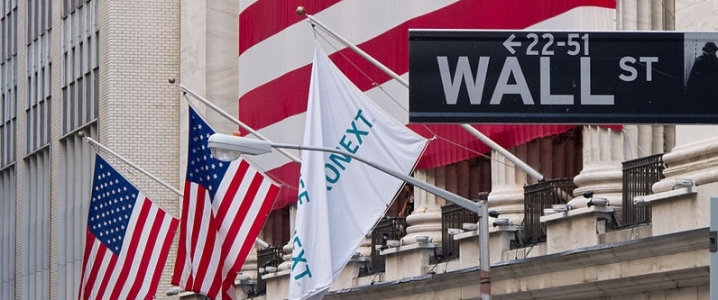Despite the Fed recently hiking interbank lending rates for the 7th time in a row, the consumer is still not getting the rub of the green.
That’s the unfortunate case because banks have been keeping more than two-thirds of the cumulative 1.75 percent bounty by the central bank and passed only a paltry sum to customers. Consequently, savings accounts are currently paying a measly 0.6 percent annual return.
Still, that doesn’t mean it’s not worth hunting for those outliers—those banks that are willing to pay higher rates than the market average for deposits.
In fact, that’s a rare prerogative that you should not just leave on the table because banks are the only part of the investment universe where you can get higher returns without taking on extra risk. After all, FDIC (Federal Deposit Insurance Corporation) has your back covered for deposits of up to $250,000.
Without further ado, the brass tucks. Here are the banks paying the highest rates on savings accounts and CDs (certificates of deposits):
Savings Accounts
According to chief financial analyst at Bankrate.com, Greg McBride, online banks are currently paying the best rates on savings of all banks. Here are three of the highest payers in the space:
#1 Synchrony Bank—the bank is currently paying 1.85 percent annual return on savings, with other perks including an optional ATM card with the usual limit of six withdrawals or transfers per month. Though the restriction seems like a nuisance, it can be helpful for people who lack discipline with their savings.
#2 Marcus by Goldman Sachs—the giant investment bank offers a savings account with a 1.80-percent annual rate.
#3 Dollar Savings Direct—this is one of the smaller internet banks and a division of Emigrant Bank. Still, it’s fully legit, FDIC-insured and pays 1.80 percent on savings.
#4 Barclays/American Express/Discover—These three banks offer savings accounts that earn 1.75 percent per year.
Certificates of Deposits
Buying CDs is a good way to save cash when you don’t need it for extended periods of time. Although the depositor is allowed to withdraw interest that accrues on their CDs at any time, breaking the CD by withdrawing the original deposit usually attracts penalties that vary depending on the company. It’s usually prudent to look for a company that pays good rates without imposing overly stiff penalties.
Related: Is This The Answer To High Gasoline Prices?
Some CDs with the best rates include:
#1 Ablebanking-- an online wing of NorthEast bank that offers 2.5 percent per annum on one-year CDs and 2.8 percent on two-year CDs. Customers must deposit a minimum of $1,000.
#2 Marcus by Goldman Sachs—offers some attractive rates on CDs that are considerably above market rates. Offers include: one-year CDs paying a 2.45 percent rate; five-year CDs that fetch 3.0 percent, and six-year CDs paying a 3.1 percent annual rate. Minimum deposit is just $500.
#3 Synchrony Bank—offers a rate of 2.4 percent per year on one-year CDs and 2.85 percent for a five-year. Customers though have to deposit $2,000 minimum.
#4 Barclays—offers a flat 2.4 percent on one-year CDs. What makes it stand out is the fact that no minimum deposit is required.
If you need to buy lots of CDs, it’s advisable to ladder them, say by buying one-year, two-year and five-year CDs, so as to avoid tying up too much of your money in a single period. You should also consider re-investing your interest earnings as interest rates keep climbing.
By Alex Kimani for Safehaven.com
More Top Reads From Safehaven.com
















